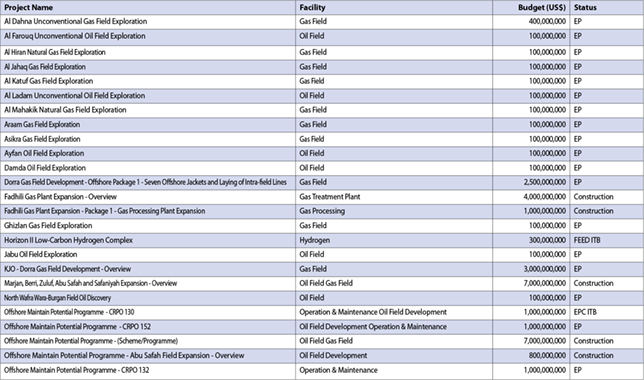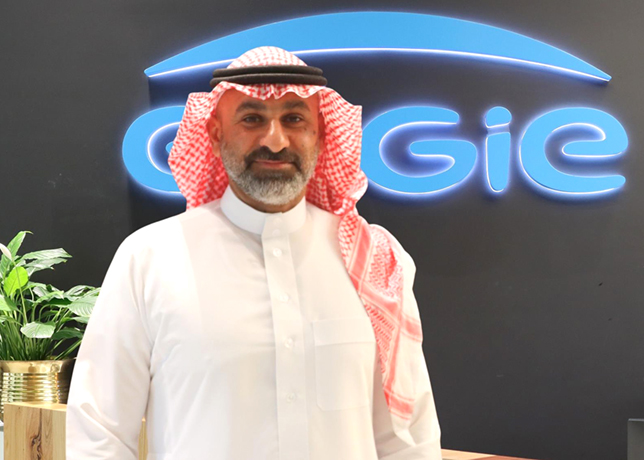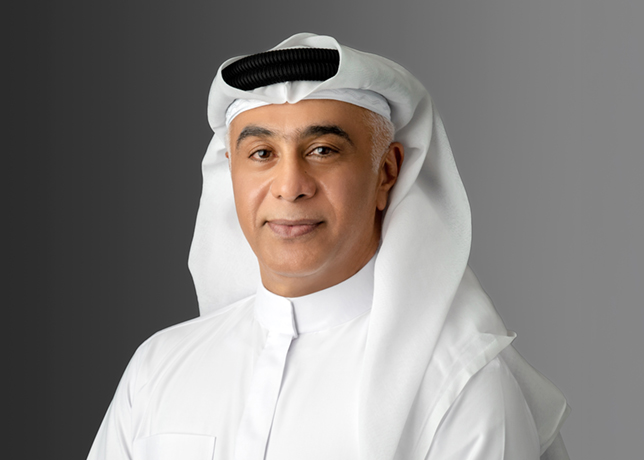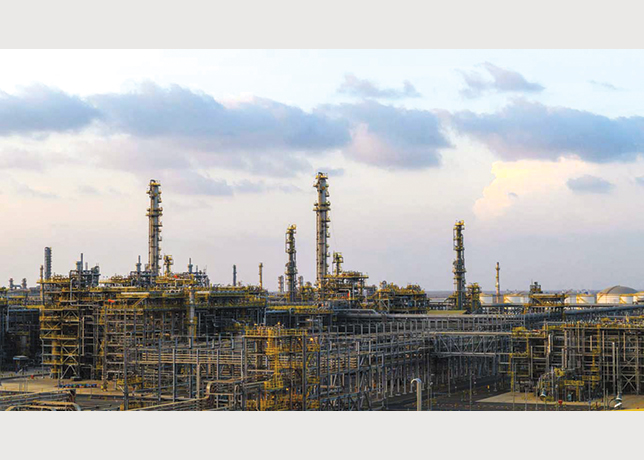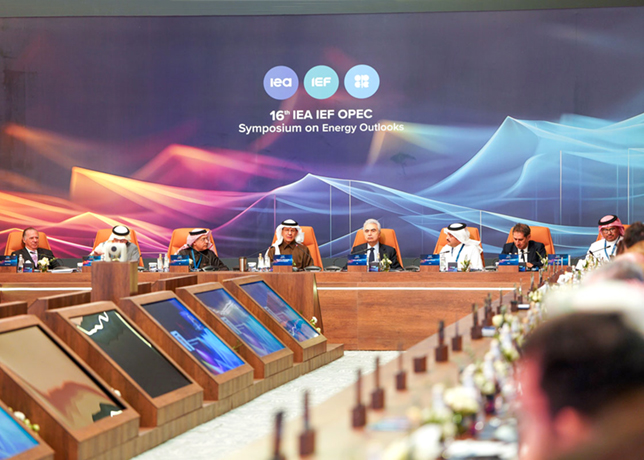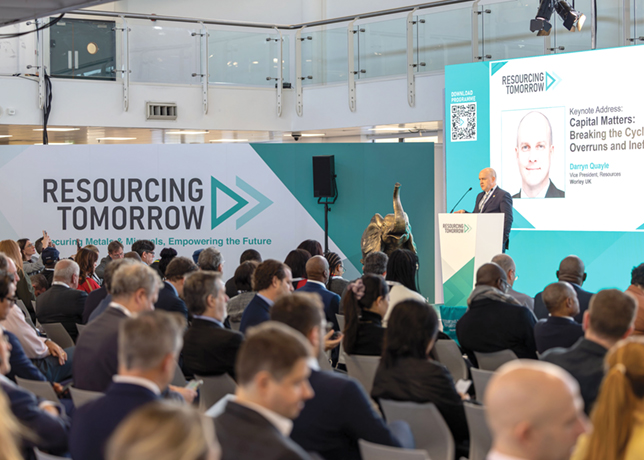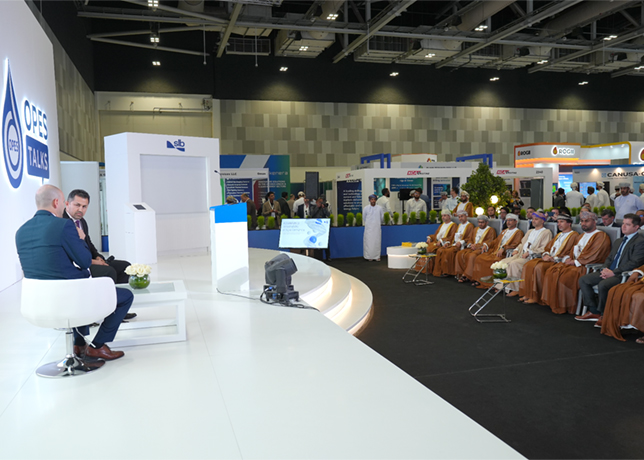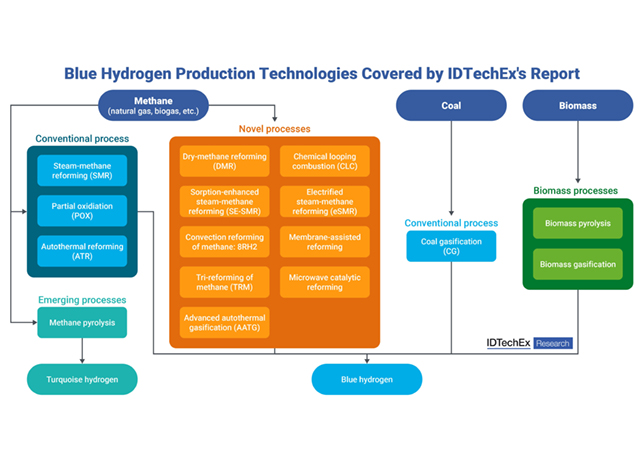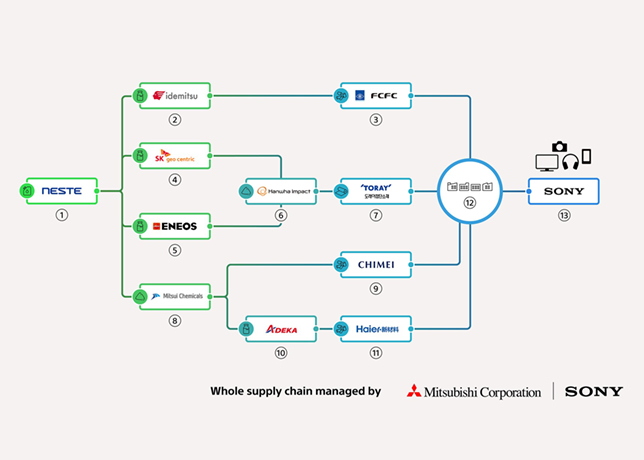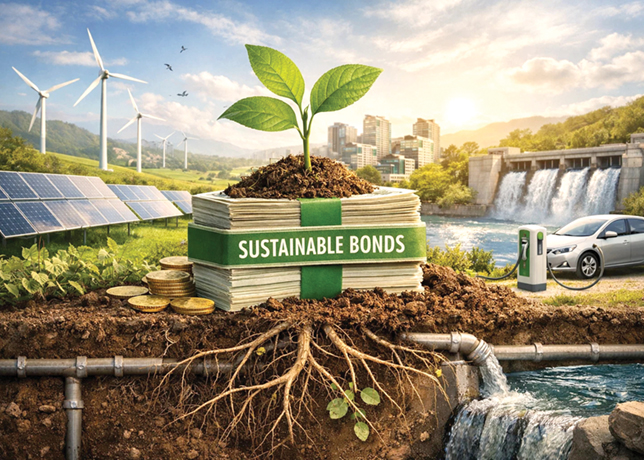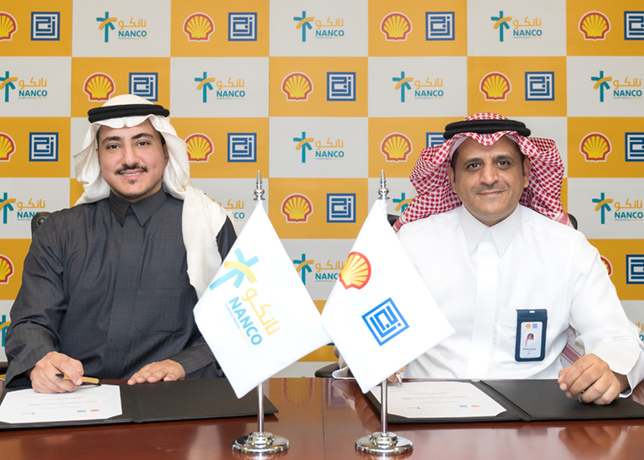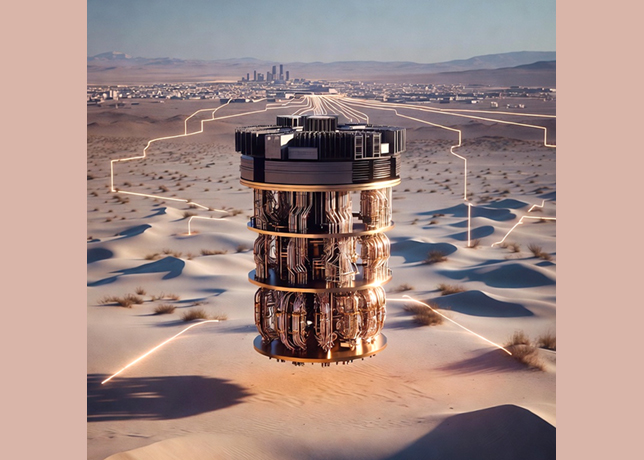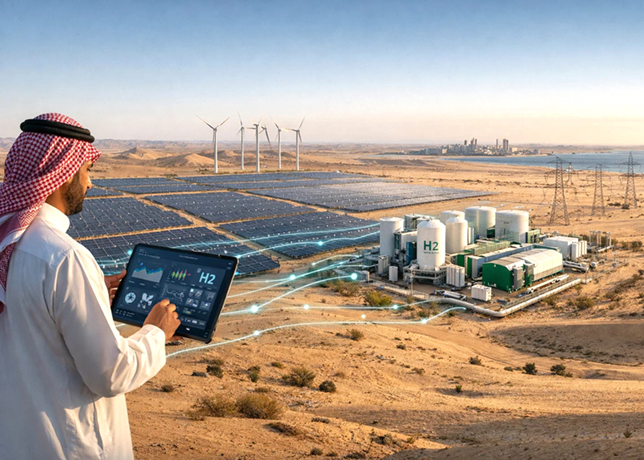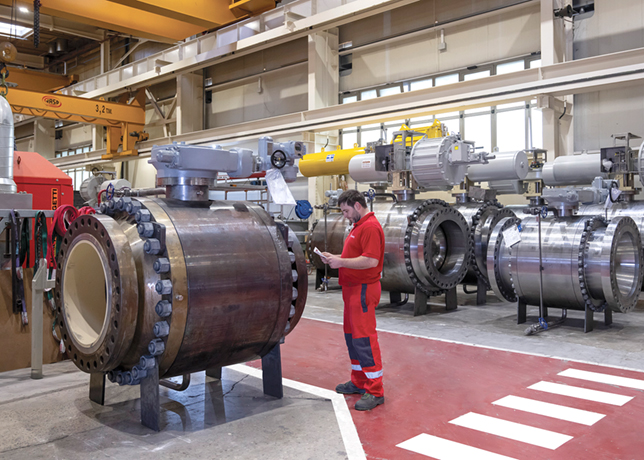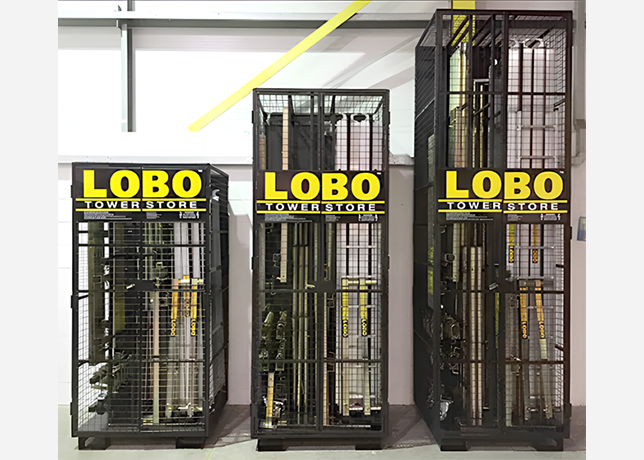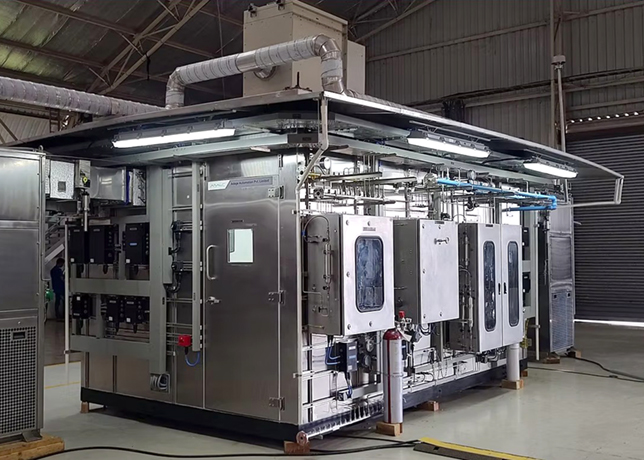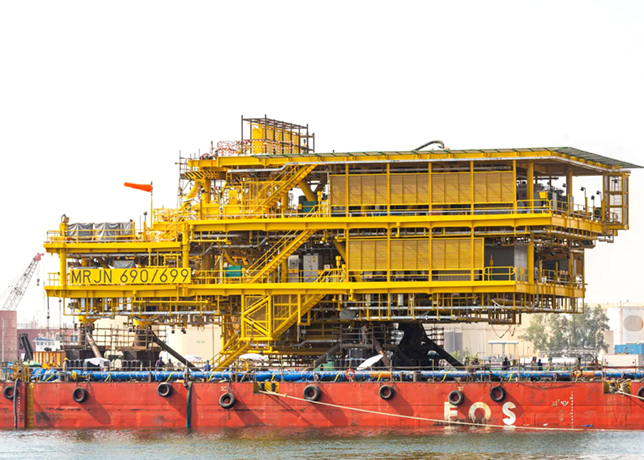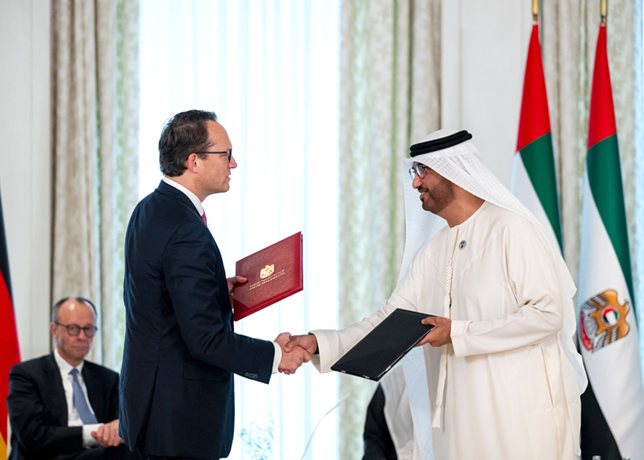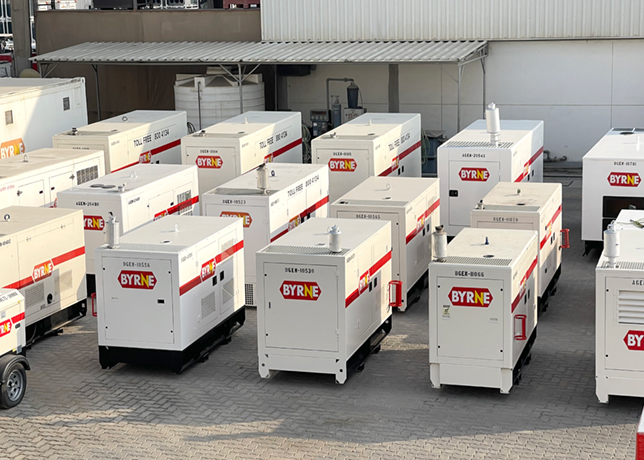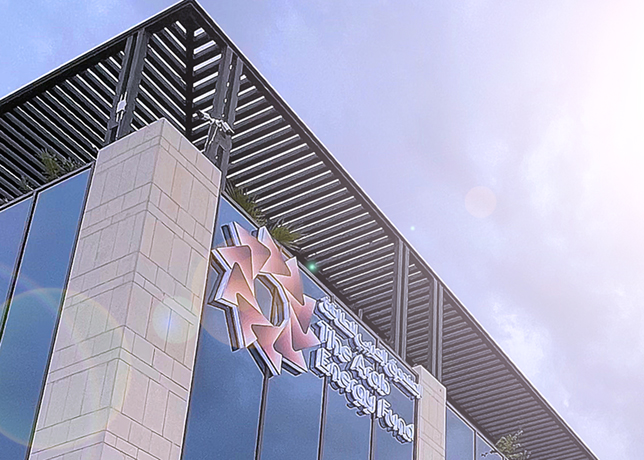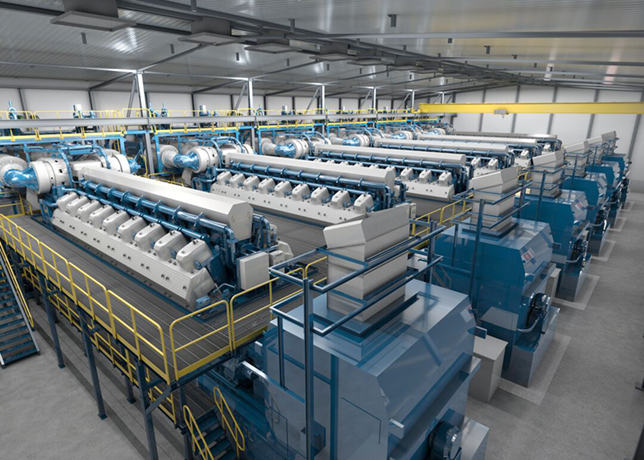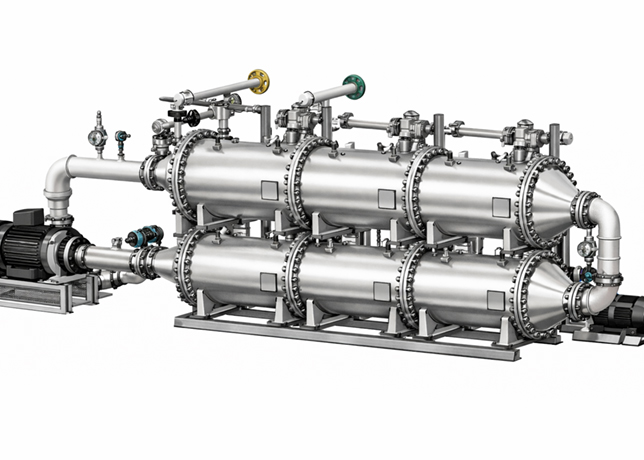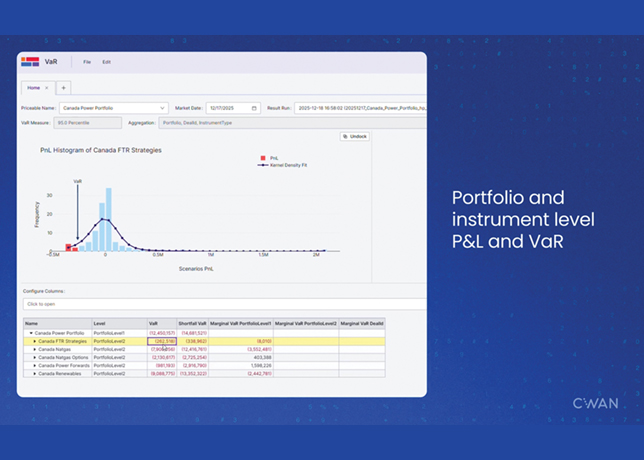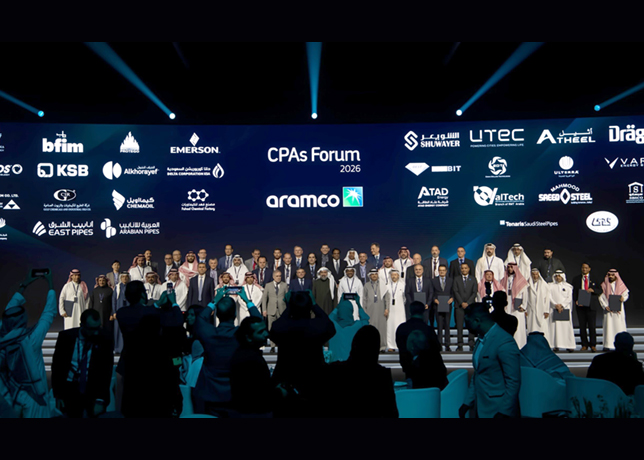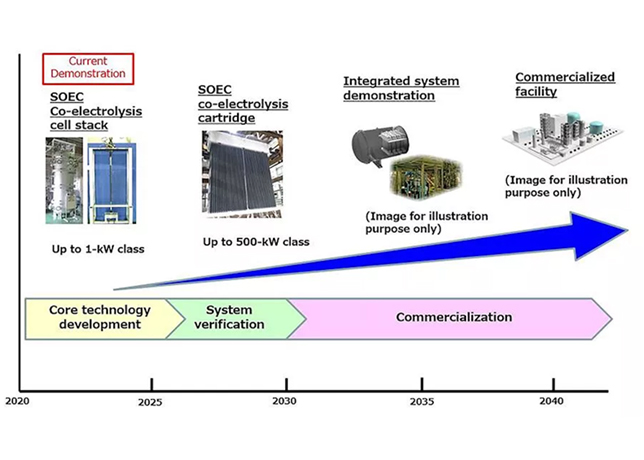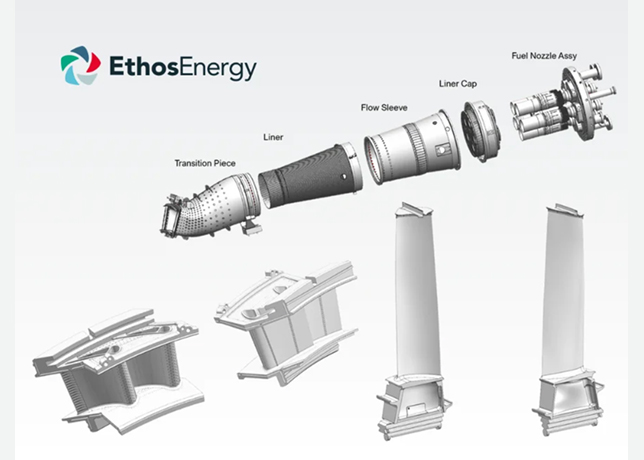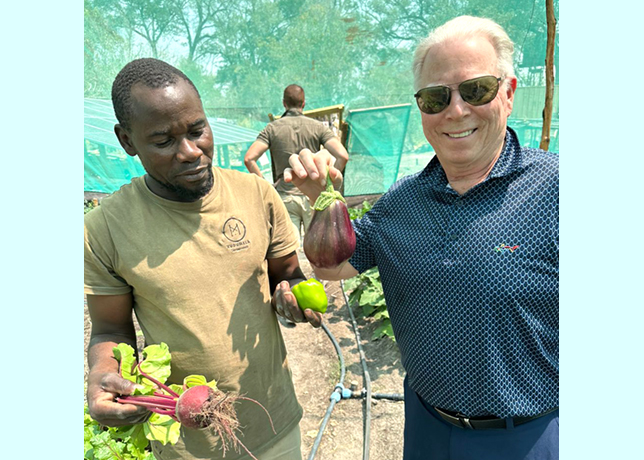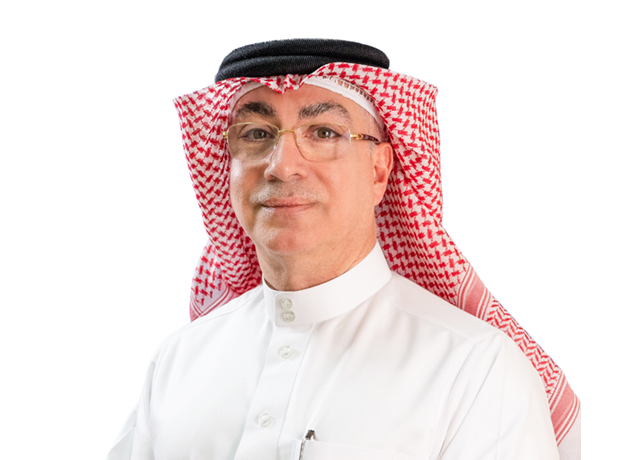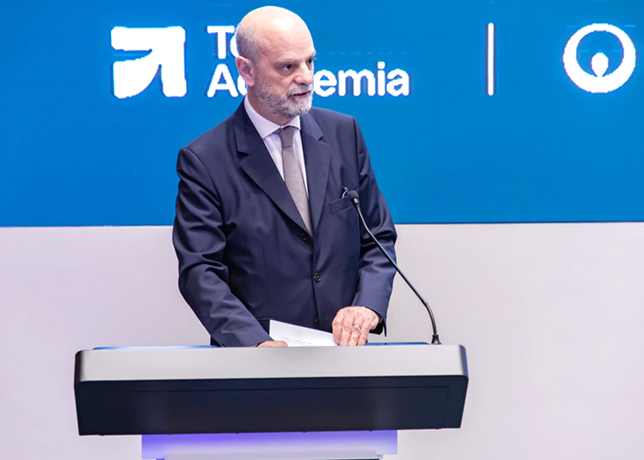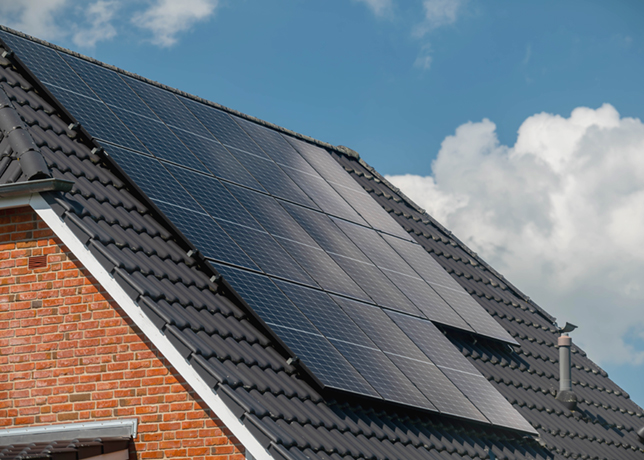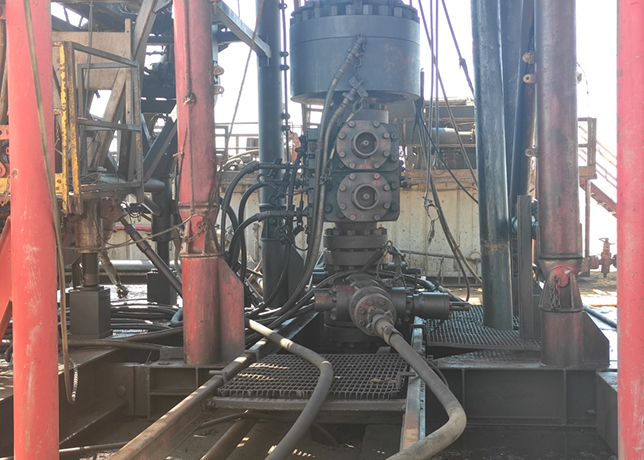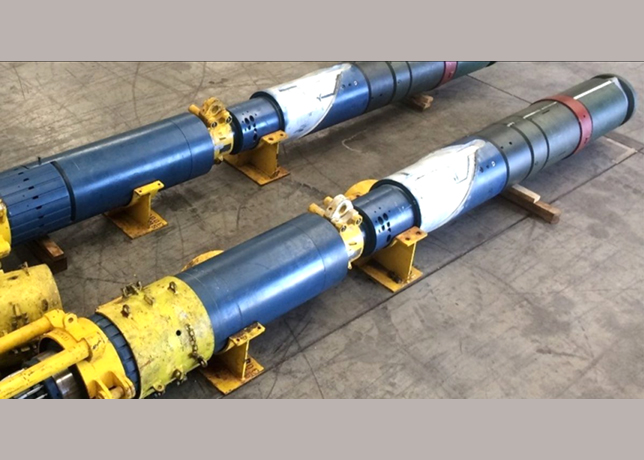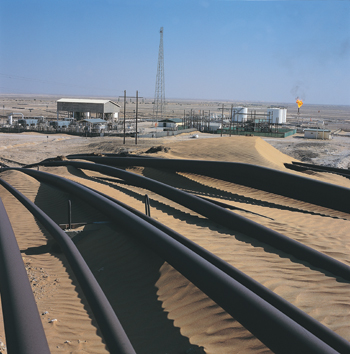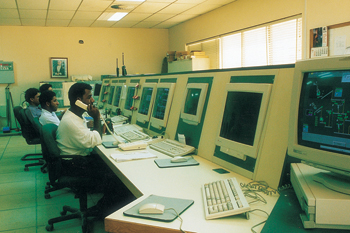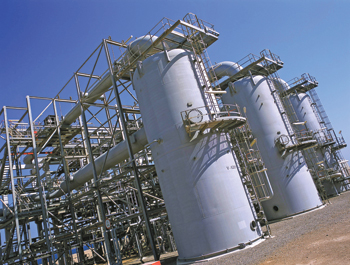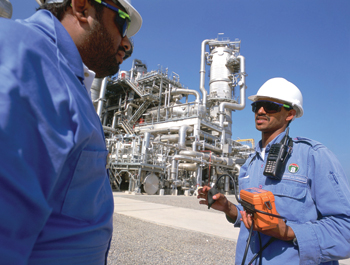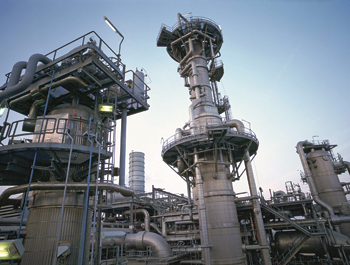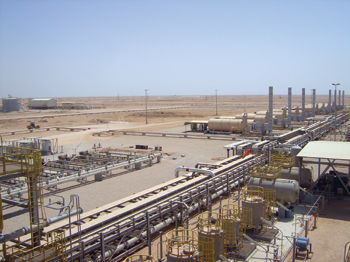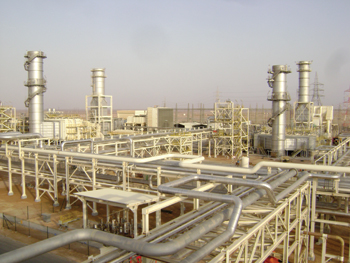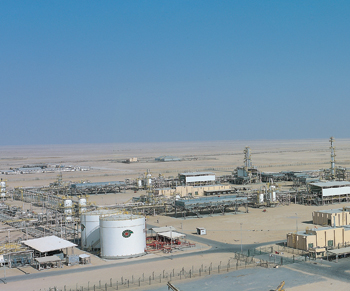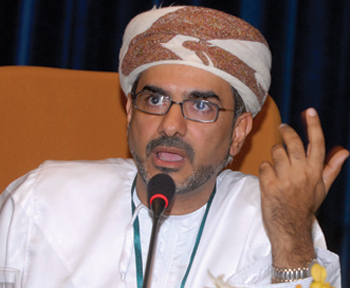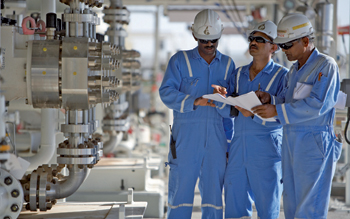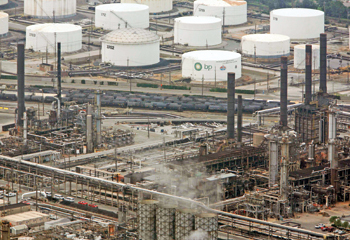
 BP ... teaming up with OOC for Khazzan
BP ... teaming up with OOC for Khazzan
BP AND Oman are moving forward with the $16 billion development of the sultanate’s giant Khazzan unconventional gas field, with Oman’s state-owned Oman Oil Company taking a 40 per cent stake in Block 61 – on which the Khazzan gas resources are located – underscoring the economic importance of the project to the country.
The two sides have signed a gas sales and an amended production sharing agreement for Khazzan, one of the largest unconventional gas developments to be undertaken in the Middle East to date.
At plateau production, expected from 2018, it is expected to deliver 1 bcfd of natural gas and 25,000 bpd of condensate.
“This volume is equivalent to around a third of Oman’s total daily domestic gas supply and will make a significant contribution to ensuing the continuing stable supplies from domestic sources,” BP says in a statement.
Oman’s oil and gas minister, Mohammed Al Rumhy, says the deal was “an important step in Oman’s plans to meet growing demand for energy over the coming decades and to contribute to economic development in Oman.”
“The Khazzan project is the largest new upstream project in Oman and a pioneering development in the region in unlocking technically challenging tight gas through technology,” he adds.
The full field development will involve drilling about 300 wells over 15 years, BP says.
That and technology input make the project costly compared with conventional Middle East hydrocarbon developments of equivalent size, making Oman’s willingness to take a large equity stake a factor that will have weighed heavily on BP’s final investment decision.
First gas production from Khazzan is expected in 2017. In total, the project is expected to produce about 7 tcf of gas.
BP CEO Bob Dudley says the deal would enable BP to bring to Oman its decades of experience in tight gas production. “This is one more example of BP developing a long term gas supply chain,” he says.
The company’s Middle East regional president, David Dalton, notes that the decision to proceed with Khazzan followed an extensive and rigorous appraisal programme that had given both BP and Oman confidence in the project’s long-term ability to deliver gas.
The amended exploration and production sharing agreement and the gas sales agreement cover an initial 30-year period, providing for additional gas-resource appraisal to support subsequent project phases, BP says.
Despite the vast gas resources of Iran and Qatar, respectively the number one and three holders of gas reserves worldwide, a number of countries in the region import LNG to satisfy rising domestic demand.
Others increasingly substitute oil for gas to fuel power plants, thereby decreasing their oil export capacity.
Gas is also increasingly recognised as the most versatile and least polluting fuel for thermal power generation, on which Middle East heavy industry depends. Oman, for instance, has encouraged the development of metallurgical ventures including aluminium smelting and steel refining, which are heavy consumers of electricity, in its quest for economic diversification away from oil.
It also produces and exports nitrogen fertiliser, for which natural gas is the feedstock, in a venture aimed at capitalising on the strategic location for transoceanic trade of a major deepwater port at Sohar.



